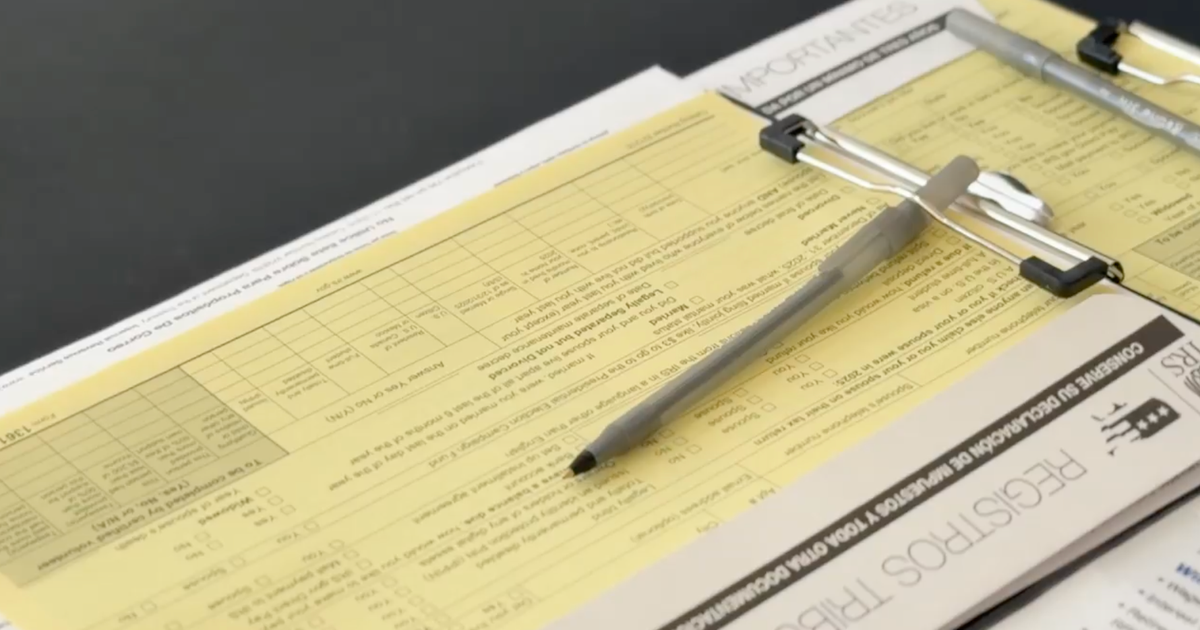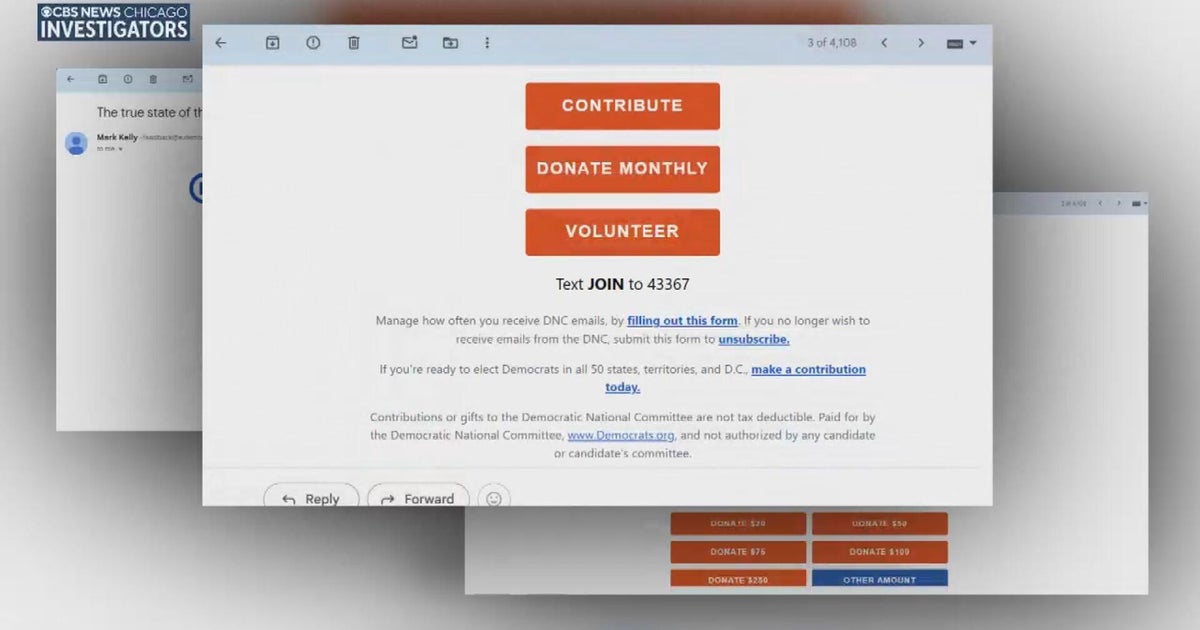7 Deductions That Lower Your Taxable Income
(CBS MoneyWatch) - Most folks looking for tax deductions focus on things like mortgage interest, real estate taxes and charitable donations. These are known as itemized deductions that are claimed on Schedule A. But tax rule changes that applied in 2013 made them less valuable in cutting taxes for an increasing number of taxpayers.
The problem is that beginning with 2013 tax returns, itemized deductions can be disallowed for taxpayers whose income exceeds certain limits. Single filers with adjusted gross income (AGI) in excess of $250,000 or couples who are married filing jointly and have AGI in excess of $300,000 will lose a portion of their deductions and personal exemptions.
But if you really want to cut your taxes, focus first on all the deductions or adjustments you can claim on the first page of your tax return, because these aren't reduced regardless of your income.
On that page, in the section known as Adjustments to Gross Income, 13 adjustments are allowed on lines 23 through 35. Here are seven that are the most commonly claimed:
Educator expenses: Teachers who've paid for classroom supplies out of their own pocket can claim those expenses as a tax deduction. You can claim up to $250 of your costs for supplies, materials, books, software, etc. If both you and your spouse are teachers, you can both claim up to $250 of expenses for $500 total on a joint return.
If you paid for classroom supplies beyond these limits, the excess costs can be deducted as an employee business expense, which is a miscellaneous itemized deduction subject to threshold of 2% of adjusted gross income
Health Savings Account deduction: If you were enrolled in a high-deductible health insurance plan (which is more common today) and you contributed to a health savings account (HSA), you can claim these contributions as an adjustment to income (you'll need to include a completed Form 8889). The maximum HSA contribution allowed for 2013 tax returns is $3,250 for individual coverage and $6,450 for family coverage. If you're 55 or older, these limits are $1,000 more.
You have until April 15 to set up an HSA and make these contributions. Unlike an IRA, you don't need earned income to make an HSA contribution.
Moving expenses: If you moved either to take a new job or because your current job was relocated, the out-of-pocket costs you paid may be claimed as an adjustment to income. For these expenses to qualify, there are tests for time and distance regarding the move. For example, the new work location must be at least 50 miles away from your old home to qualify. The tests that apply and expenses that qualify are laid out on Form 3903, which must also be completed and included with your tax return.
Self-employment tax: Say you earned a net profit (after expenses) of $50,000 from self-employment. The bad news is that you'll owe 15.3 percent self-employment tax on the adjusted amount of this profit, or about $7,064. The good news is you can claim 50% of this, or $3,532, as an adjustment, which reduces your adjusted gross income and that amount of income tax you owe.
Read the rest of this article on CBSNews.com
You May Also Be Interested In These Stories







